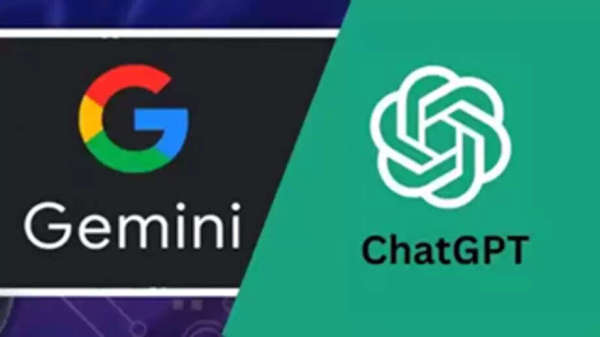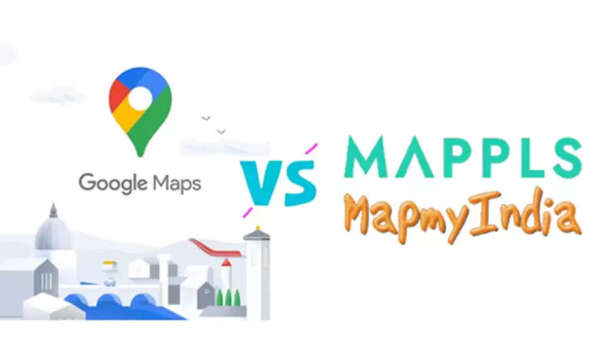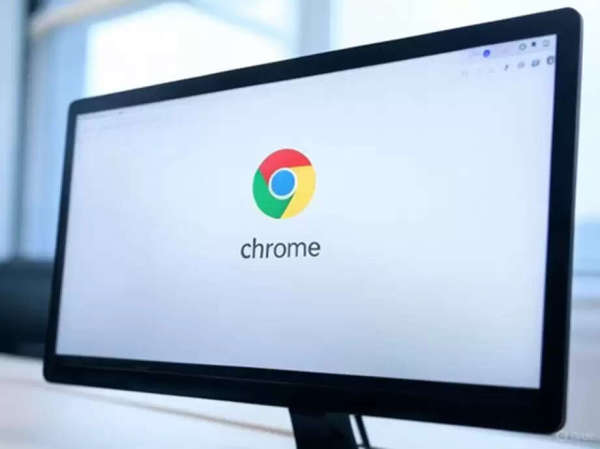
When OpenAI’s GPT-5 made its debut in ChatGPT in August this year, many users were unimpressed as they felt that the long-awaited upgrade to the company’s flagship series of large language models (LLMs) was less groundbreaking than what it was made out to be.
However, OpenAI CEO Sam Altman now believes that the tides have turned. “The vibes were kind of bad at launch. But now they’re great,” the tech entrepreneur was quoted as saying in an interview with Wired. Insisting that GPT-5 represents a major advance in AI, OpenAI executives have pointed out that the LLM is capable of acting as a research assistant, tutor, and smarter alternative to traditional search engines.
“There’s something important happening that did not happen with any pre-GPT-5 model, which is the beginning of AI helping accelerate the rate of discovering new science,” Altman said.
In the past, Altman himself has acknowledged that the GPT-5 rollout was a disaster. “I think we totally screwed up some things on the rollout,” he had said weeks after the launch.
Altman’s team ran into several glitches during the livestream of the launch event, with the LLM generating charts with inaccurate numbers. Days after the launch, OpenAI had to make several adjustments, including certain behavioural changes, so that the AI-generated responses from GPT-5 would seem warmer and friendlier.
However, one of the key criticisms was that GPT-5 had failed the hype test. Users pointed out that the advancements they had been expecting seemed incremental, with GPT-5’s main improvements to cost and speed. “GPT-5 was the most hyped AI system of all time. It was supposed to deliver two things, AGI and PhD-level cognition, and it didn’t deliver either of those,” Gary Marcus, a New York University professor who has become one of the leading voices of AI skepticism, said in a post on X.
He further opined that GPT-5’s modest gains show that OpenAI can no longer rely on simply scaling data and chips to crack artificial general intelligence (AGI), a hypothetical level of intelligence that would enable an AI system to perform tasks on par or better than human beings.
Story continues below this ad
In response to Marcus’ comments, OpenAI president Greg Brockman contended that GPT-5’s capabilities were not a result of bigger training datasets and more compute power. Instead, the Microsoft-backed AI startup used reinforcement learning based on human feedback (RLHF) as a technique to make improvements to the model.
“What I can tell you with confidence is GPT-6 will be significantly better than GPT-5, and GPT-7 will be significantly better than GPT-6. And we have a pretty good track record on these,” Altman said.
On why GPT-5 was met with negative reactions from users, Brockman said, “We just had a lot of stuff along the way. I’m not shocked that many people had that reaction, because we’ve been showing our hand.”
Mark Chen, OpenAI’s head of research, also observed that everyday users will likely not be able to appreciate GPT-5’s capabilities as they are optimised for specialised use cases to scientific research or coding. Unless you’re a math whiz yourself, you won’t care much that GPT-5 ranks in the top five of Math Olympians, whereas last year the system ranked in the top 200, Chen said.
-
Tech Tips: Don't make these mistakes with chatbots like ChatGPT or Gemini..

-
Google Maps vs. Mappls: Mappls can compete with Google Maps if it addresses these shortcomings. Learn the difference..

-
Google Chrome's new feature: useless notifications will automatically stop, making browsing even cleaner...

-
EPFO Update: EPFO announces withdrawal of the full PF amount without submitting documents..

-
This sector is going to create 14,000 jobs, this giant company will invest thousands of crores...
